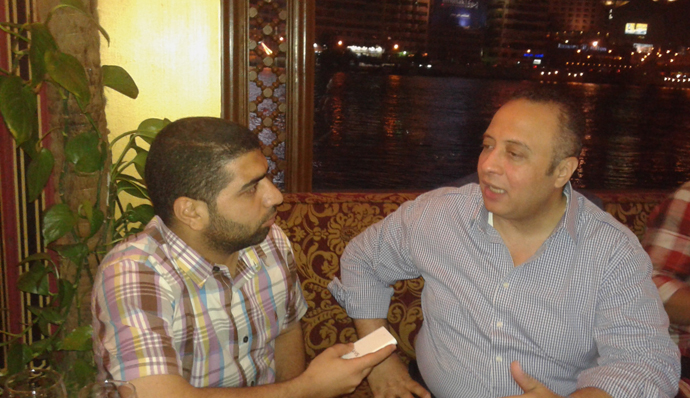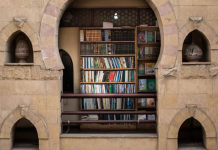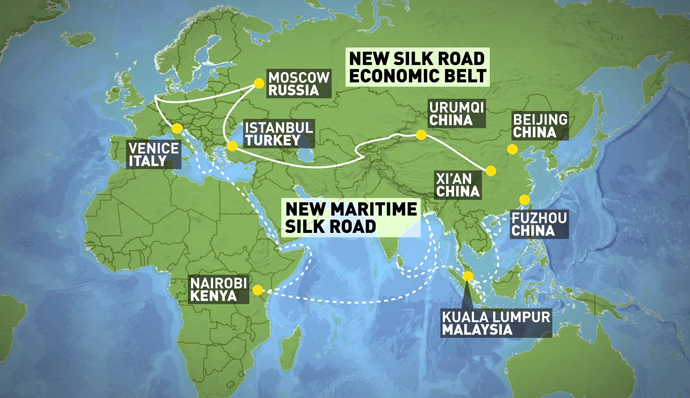We invested $40m since our “Vitrac” acquisition
We target 15% sales increase by the end of 2016
Product shortage was a result of updating one of the product lines
By Mahmoud Hammad
Mahmoud Bazan, Managing Director of Hero Middle East & Africa, states that Hero’s investment witnessed a growth of $40m since its acquisition of Vitrac. “Hero” is planning to hit $5m investment target during 2016. In addition, the company exports its products to 28 countries around the world; among these countries are Japan, Jordan, Sudan, Palestine, UAE, Kuwait, Saudi Arabia, Qatar, Bahrain, Tunisia and Algeria. Bazzan asserted that the company’s products are mainly consumed in the Egyptian market. Moreover, Egypt seizes 70 per cent of Hero’s sales and 30 per cent of the exports. Currently, Hero achieves sales of $700m and targets a growth of 15 per cent by the end of 2016.
Can you tell me about Hero’s investment volume?
Hero Middle East& Africa has invested $40m since its full acquisition of “Vitrac” in 2005, noting that Hero acquired 65 per cent of Vitrac in 2002. Moreover, we plan to invest $5m this year. In fact, the company’s investment was not slowed down by 25 January Revolution, on the contrary, we had a sales boom.
Tell me more about the industries that Hero operates in?
Hero operates in strategic industries such as the jam industry which is widely consumed in the Egyptian market. The consumption is estimated at 50 per cent of Vitrac jam. In addition, we target family needs. Hero operates in the “baby food” industry; it manufactures baby formula milk starting from newborn formula milk to two years old children, in addition to fruits jars for children that are imported from Europe.
It is worthy to mention that Vitrac did not increase its products’ prices this year. However, it made the size of its packets bigger; the packets’ size was maximised from 420gm to 450gm and from 850gm to 900gm.
Which countries does Hero export its products to?
Hero exports its products to 28 countries around the world; among these countries are Japan, Jordan, Sudan, Palestine, UAE, Kuwait, Saudi Arabia, Qatar, Bahrain, Tunisia and Algeria. In addition, all the company’s exports of jam, either to Arab or African countries, are manufactured in Egypt.
How do you deal with production inputs price increase?
First of all, we contract on long terms such as our contracts with sugar companies. We also have plans to face this issue in the future. In addition, our production inputs are Egyptian as 90 per cent of our fruits is brought from the local market, likewise glass that is used in bottle manufacturing . Hero’s local production inputs are estimated at 85 per cent; we import the rest of our production inputs.
Do you intend to offer Hero’s stocks in the Egyptian stock market?
No, it will never happen because Hero is a global company.
Is the Egyptian market considered to be a main market for Hero’s products?
Yes, it is a main market as it seizes 70 per cent of our sales and 30 per cent of the company’s exports. Currently, Hero achieves sales of $700m and targets a growth of 15 per cent by the end of 2016. It is a challenge but we must live up to it.
Do you intend to enter new markets?
Yes, we are trying to focus on entering new African and Russian markets, along with the American market. Our main goal is to maximise exports and make up for the past two-years losses of significant markets such as Syria, Libya and Jordan. Therefore, Hero will depend on excellent advertising of its products to achieve its expansion strategy.
What is the reason behind your product shortage lately?
First of all, I would like to note that the shortage was not an indicator of the late price increase. However, the reason of shortage, especially the shortage of Hero’s Baby Rice, Good Morning Cereal and Good Night Cereal, is because Hero has been maintaining a new production line in Turkey. Moreover, we are importing our “Good Night Cereal” product from the new production line in Turkey.
Why don’t your products have a fixed price?
Hero cannot set fixed prices because this is considered illegal. Though, we have reference prices and the dealer can set fixed prices depending on his customers.
Has the dollar crisis
influenced Hero?
Yes, I suppose all companies in Egypt were influenced negatively by the dollar crisis. Hero likewise was unable to import 10 per cent of its raw materials that are required for extra costs. In addition, Hero faced difficulties in transferring its profits to the parent company in Switzerland.
Did Hero partaken in the new bread smart card system with the Ministry of Supply and Internal Trade?
Yes, Hero is about to sign final contracts with the ministry to provide this new system with the company’s products. I believe that the new bread smartcard system has proven to be excellent. In addition, Hero signed contracts with the Ministry of Supply to provide products, with specific prices, depending on the company’ sales revenues.















